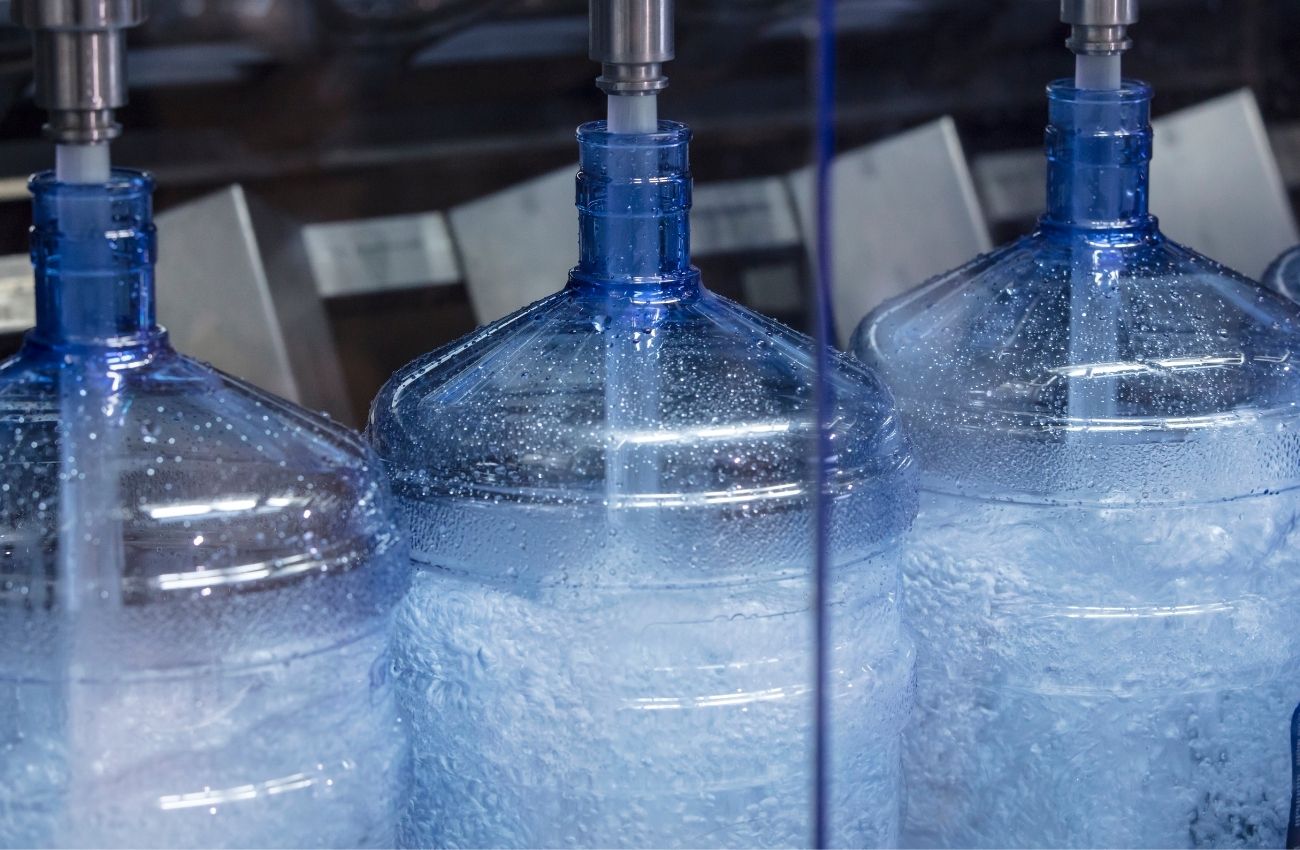What is Distilled Water or Distilled Drinking Water?
Distilled water or distilled drinking water is water that has been purified through a process known as distillation. Distillation is a method of water purification that involves heating water to create steam or vapour and then cooling that vapour to collect it as liquid water. The purpose of distillation is to remove impurities, minerals, and contaminants from the water, resulting in highly purified and clean drinking water. Here’s how distilled water or distilled drinking water is produced:
- Boiling: The first step in the distillation process is to heat the water to its boiling point. When water boils, it turns into steam, leaving behind impurities and minerals that do not vaporize at the same temperature.
- Condensation: The steam generated from the boiling water is then collected and cooled. As the steam cools, it condenses back into liquid water. The resulting liquid is the distilled water.
- Purity: Distilled water is known for its purity because this process effectively removes most impurities, minerals, chemicals, and contaminants from the water. As a result, distilled water is typically free from minerals, bacteria, and many other dissolved substances.
Distilled drinking water is often used in specific applications where high purity is essential. Some common uses include:
- Medical Procedures: Distilled water is used in medical procedures and equipment that require sterile conditions, such as wound cleaning, surgeries, and the preparation of intravenous solutions.
- Laboratory Experiments: Scientists use distilled water in laboratory experiments where precise water properties are required to ensure accurate results.
- Dilution: It is used for diluting medications and preparing solutions in various industries, including pharmaceuticals and chemistry.
- Detoxification: Some detoxification protocols and dietary regimens may recommend the use of distilled water for short term detox purposes.
What is the benefit to consume Distilled Drinking Water?
Potential benefit from drinking Distilled Drinking Water:-
- Cure Arthritis: Drinking distilled drinking water is believed by some to cure arthritis by washing out calcium and other minerals deposits in joints.
- Reducing the risk of heart diseases: Observational epidemiological studies have linked water hardness
and cardiovascular disease risk. The hardness or softness of water is determined by the mineral content of both calcium and magnesium. When distillation eliminates these two, and the result is soft water. - Cleanses the body: Because distilled water is pure, it can detoxify the body and improve your health by daily consuming it.
- Prevents kidney stones: Mineral deposits that form in the kidney and are painful to pass are known as kidney stones. Drinking distilled water prevents mineral build-up that can lead to kidney stone formation.
- Prevents teeth discoloration: Distillation eliminates minerals from water, protecting your teeth from excessive fluoride exposure, which causes teeth discolouration.
What is the usage of Distilled Water?
Distilled drinking water is used in various applications where high purity and the absence of impurities, minerals, and contaminants are important. Here are some common uses of distilled drinking water:
- Medical and Healthcare Settings: Distilled water is frequently used in medical and healthcare settings, including: infection.
- Wound Cleaning: It’s used to clean wounds and prevent
- Medical Equipment: Distilled water is used in medical equipment, such as autoclaves and sterilizers, to maintain sterility.
- Intravenous Solutions: It’s used in the preparation of intravenous (IV) fluids to ensure they are sterile and free from contaminants.
- Laboratory and Scientific Research: Distilled water is essential in laboratories and scientific experiments for its known purity and consistent properties. It is used for preparing solutions, conducting experiments, and calibrating instruments.
- Pharmaceuticals and Chemicals: Distilled water is used in the pharmaceutical and chemical industries for diluting medications and preparing solutions.
- Automotive Batteries: It’s often used in lead-acid batteries for vehicles, where the absence of minerals and impurities is desirable to prevent scaling and extend battery life.
- Steam Irons: Distilled water is recommended for use in steam irons to prevent mineral buildup and extend the life of the iron.
- Aquariums: Some aquarium enthusiasts use distilled water when they need precise control over water parameters or when their tap water is unsuitable for aquarium use.
- Preparing Infant Formula: Distilled water is sometimes used to prepare infant formula to ensure it is free from contaminants.

